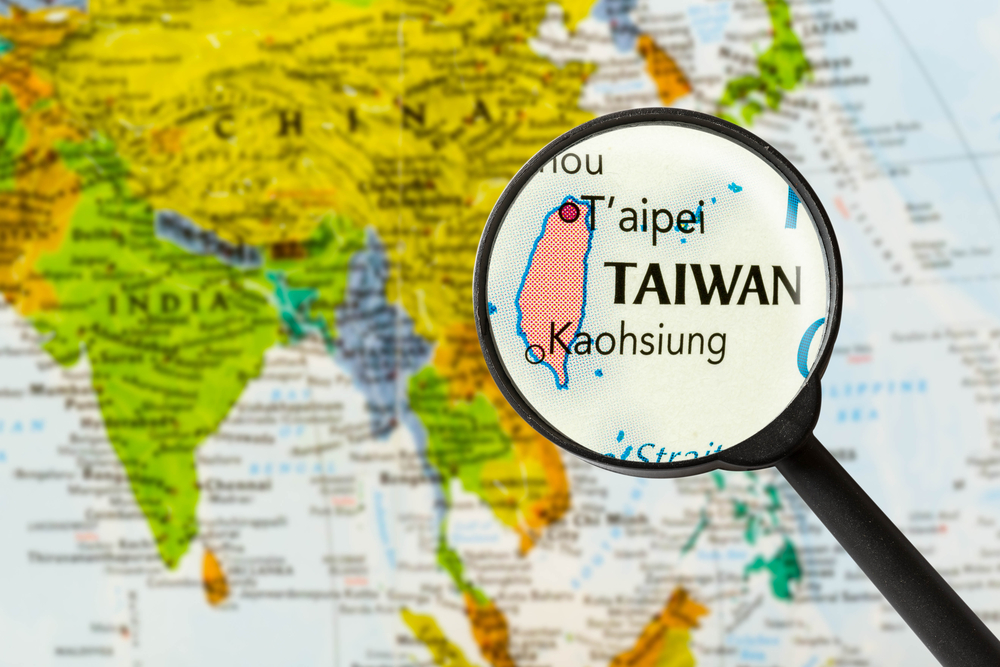An in-depth analysis scrutinizing Taiwan’s looming geopolitical tensions, potential conflicts, and their staggering economic repercussions, drawing from Bloomberg’s comprehensive estimations and scenarios, elucidating global implications.
The specter of conflict looms over Taiwan, posing dire economic consequences on a global scale. Bloomberg Economics’ meticulous estimations, forecasting a $10 trillion cost, underscore the precariousness of geopolitical frictions (Bloomberg).
Taiwan’s election serves as a backdrop to emphasize the perilous potential for a global economic catastrophe due to conflict escalation (Bloomberg). The $10 trillion estimated cost of a Taiwan war significantly eclipses the impact of previous crises, including the Ukraine war, Covid pandemic, and the Global Financial Crisis.
The rising economic and military strength of China, coupled with Taiwan’s burgeoning national identity, sets the stage for a potential crisis (Bloomberg). Despite minimal signs of an immediate Chinese invasion, tensions persist, evidenced by global stakeholders hedging against Taiwan’s semiconductor reliance.
Global entities, from Wall Street investors to national security experts, are actively preparing for various conflict scenarios over Taiwan (Bloomberg). Multinational corporations, in particular, have escalated their interest in Taiwan-related crises since the Ukraine invasion.
Taiwan’s crucial role in semiconductor production underscores the potential fallout of a conflict, given its dominance in chip manufacturing (Bloomberg). The global economy heavily relies on these chips, with sectors incorporating them as direct inputs accounting for nearly $6 trillion in value added.
Bloomberg Economics models two distinct scenarios: a Chinese invasion drawing the US into a localized conflict and a blockade isolating Taiwan from global trade (Bloomberg). The impact assessment includes semiconductor supply disruptions, shipping disruptions, trade sanctions, and financial market impacts.
The absence of semiconductors would severely stall the production of essential electronics, leading to significant GDP reductions for Taiwan, China, the US, and the world as a whole (Bloomberg). Severe economic sanctions against China are assumed in these scenarios.
Consequential Election and Cross-Strait Realities:
Taiwan’s upcoming election holds implications for cross-Strait relations, potentially shaping future conflicts (Bloomberg). Candidates’ stances on independence versus cooperation with China significantly impact the geopolitical landscape.
China’s multifaceted response plan to the election includes military, economic, and cyber tactics, heightening risks during the transition period (Bloomberg). The evolving power dynamics, especially China’s enhanced military capabilities and Taiwan’s democratic contrast, intensify tensions.
Bloomberg Economics’ unique analysis underscores the intricate intersection of geopolitical and economic factors in a potential Taiwan conflict, projecting a colossal $10 trillion economic impact. Despite uncertainties, the analysis highlights the shared interest in averting such a crisis.
This article is based on Bloomberg‘s comprehensive analysis integrating geopolitical modeling and economic estimations to outline the profound implications of a Taiwan conflict on a global scale.



